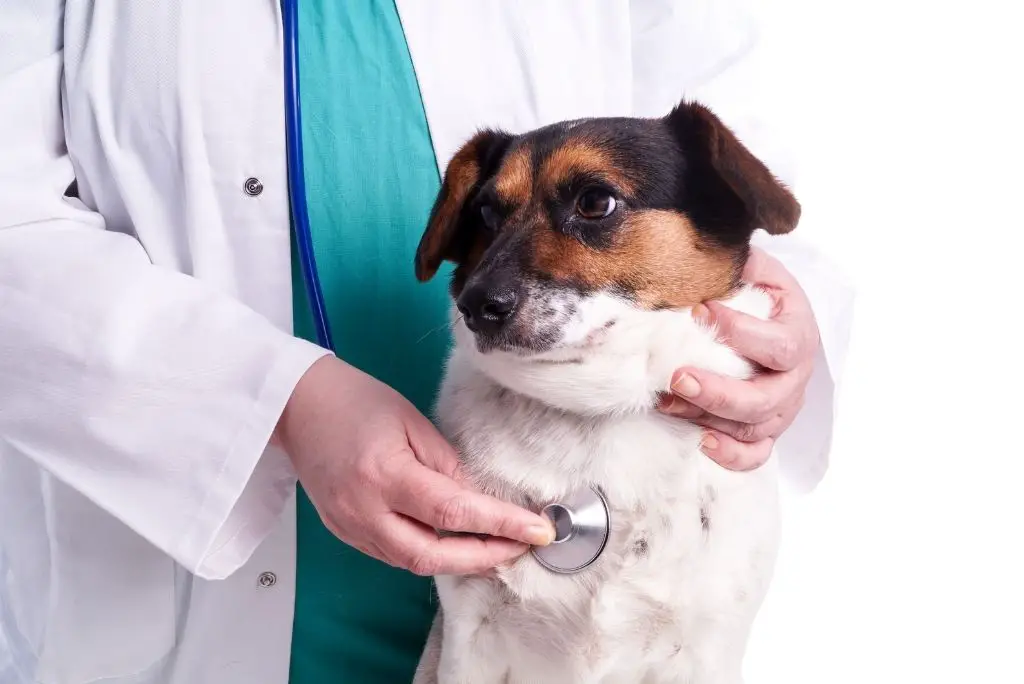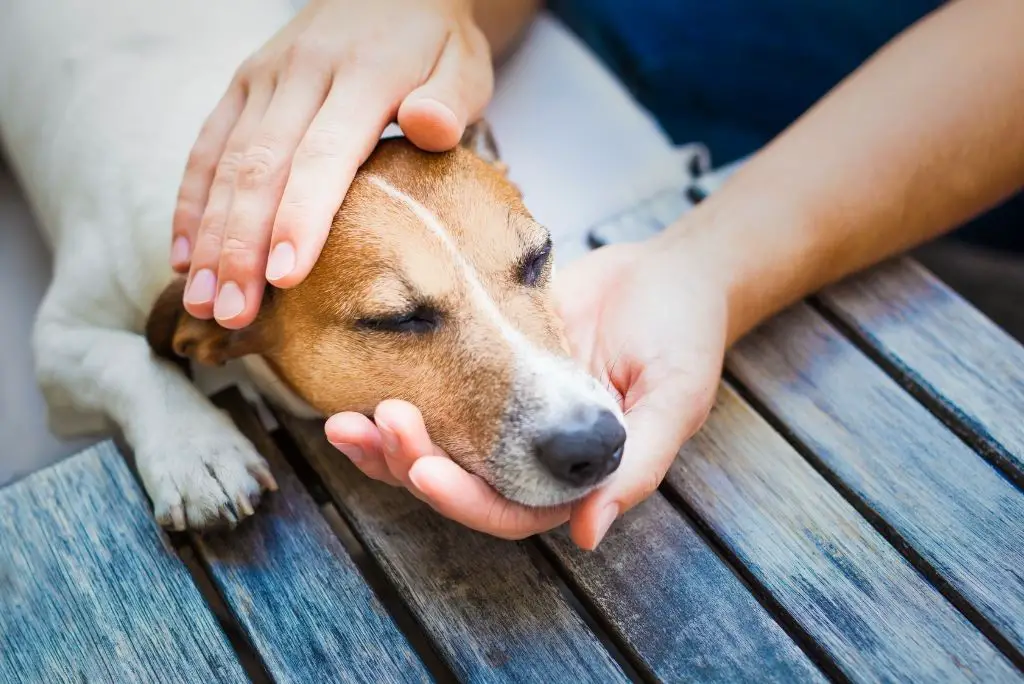Just like humans, dogs can also have problems with their digestive systems. However, the only way to identify a dog with an upset stomach is by paying attention to any changes in its behavioral patterns. Unfortunately, dogs aren’t able to communicate exactly what they’re feeling so it’s up to their owners to piece together the clues and figure out what is going on with their beloved pets. No dog owner likes to see their furry friend going through any discomfort or pain and, with the help of this post, you’ll be able to know if your dog has an upset stomach and what you can do to make it better.
Reasons for an upset stomach in dogs and when should you see a vet
Even if your dog doesn’t have any ongoing health problems that you’re aware of, there are many things that can cause an upset stomach. They can range from something simple as indigestion to something as serious as cancer. Most of the reasons behind an upset stomach are treatable, especially if identified early on. Some of the reasons behind an upset stomach in dogs include:
- Changes in the diet
- Parvovirus
- Parasites in the intestine
- Viral infection
- Reaction to medication
- Heatstroke
- Constipation
- Stress
- Food allergies
- Bacterial infection
- Ingestion of a toxic substance
- Cancer

If your dog doesn’t have a serious underlying condition that may be causing problems in its digestive system, there are some things you can do at home to help that are discussed in the next section. However, if you suspect that your dog may have ingested something it shouldn’t have such as a poisonous plant, a toy, or a chemical, take your dog to the vet immediately.
Otherwise, you should seek veterinary care if your dog is showing any of the following symptoms:
- Lethargy
- Fever
- Continuous vomiting
- Continual diarrhea
- Dehydration
- Nervous pacing
- Uncontrollable drooling
- Blood in stool
- Distended stomach
To check if your dog is dehydrated, pinch a little skin on the back of your dog’s head with your thumb and forefinger. If your dog is well hydrated, the skin should spring back as soon as you release it. The longer it takes for the skin to spring back, the more dehydrated your dog is.
All of the symptoms above are signs that your dog needs professional help as soon as possible.
5 things you can do at home to help a dog with an upset stomach
Here are a few upset stomach treatments you can ask your vet about trying while you’re monitoring your dog at home:
1. Fasting: if your dog’s stomach is upset because it’s trying to get rid of something it shouldn’t be there, it can help to hold off food instead of putting more things in your dog’s stomach. The length of the fast should be discussed with your vet as there are some dog breeds that don’t tolerate fasting as well as others.
2. Bland diet: after your dog has fasted and stopped vomiting, your vet will likely suggest you feed it a bland diet. This diet contains boiled rice and cooked chicken meat (without any skin or bones) and shouldn’t have any oils, fats, or spices. Start by feeding small portions and gradually increase them as you see your dog is able to hold everything down.

3. Ice cubes: one of the warning signs mentioned above was dehydration. When dogs vomit or have diarrhea, the risk of the become dehydrated is higher so it’s important to help them stay hydrated. But giving too much water can make things worse so it’s important to monitor your dog’s water intake and ice chips are a great way to encourage drinking.
4. Bone broth: because it takes about a day to make bone broth, it’s a good idea to make it ahead and freeze it. Bone broth is very healing for dogs and a great option for when they have an upset stomach. To make it you need to simmer meat (on the bone) with apple cider vinegar and water. Make sure to skim off any fat before freezing.
5. Canned pumpkin: this is a great alternative to bone broth as you just need to buy it and don’t need to have it prepared in advance. However, it’s important that you buy 100% canned pumpkin. Check the label to ensure that there are no other ingredients listed besides pumpkin. The great plus of canned pumpkin is that it has a low glycemic index. This results in a slow absorption which helps treat an upset stomach in dogs.
Making sense of it all
Although alldogs may vomit occasionally without it being a reason to worry, if you notice that your dog vomits or has diarrhea often, it may be time to see a vet. It can be something easy to treat at home or something that requires professional attention but, in any case, be sure to talk it through with your vet to ensure that you’re applying the right home remedy and helping your dog instead of making things worse.
